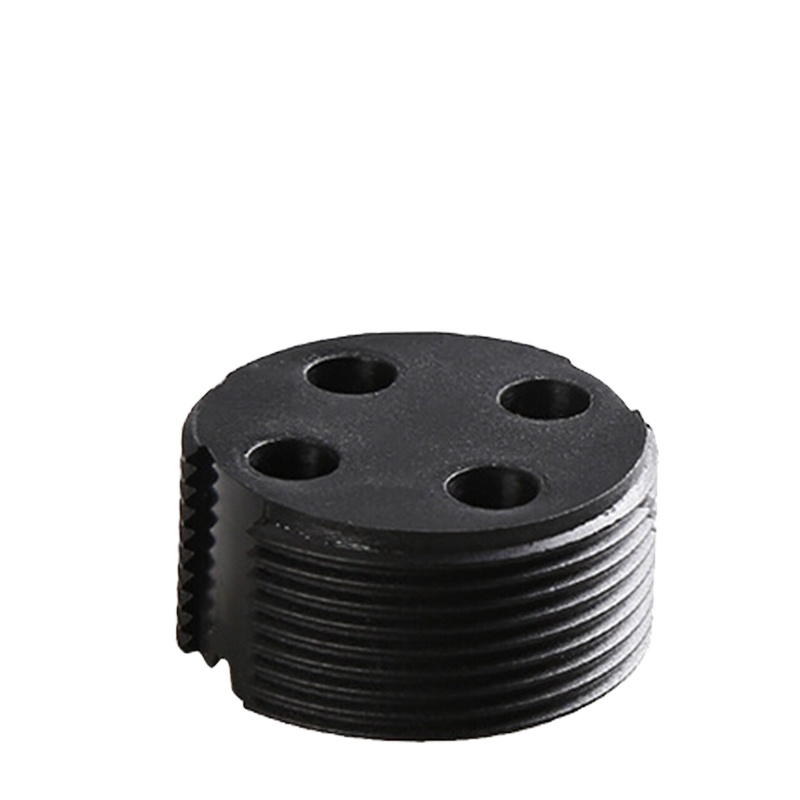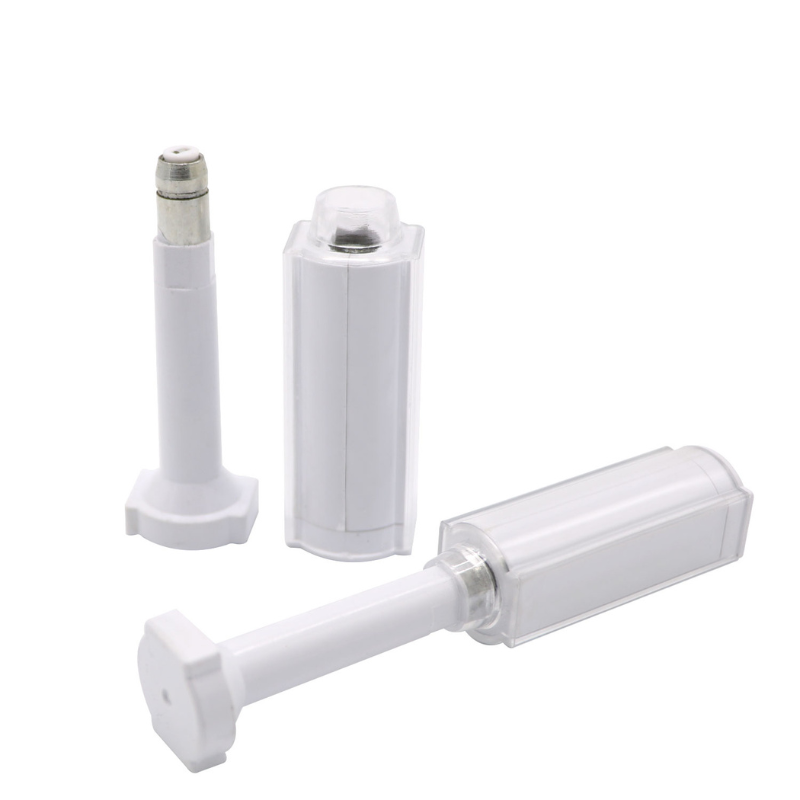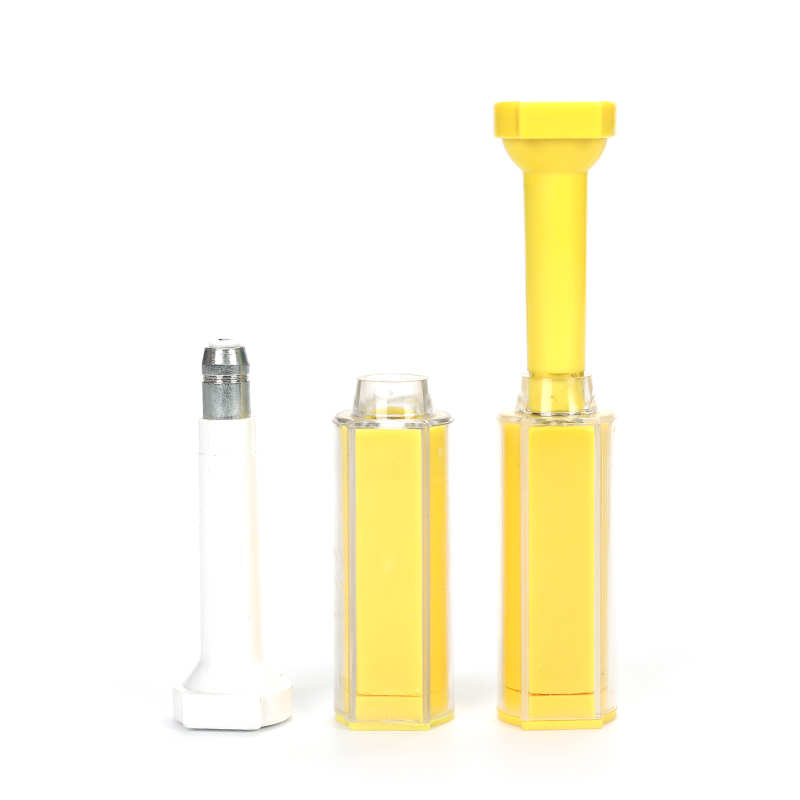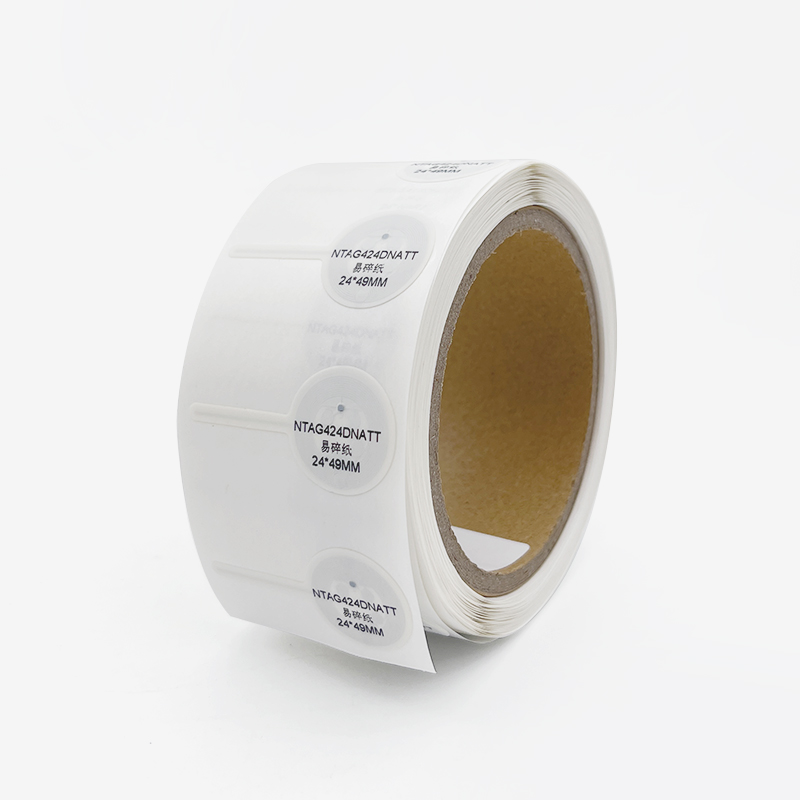
Explore Innovation in Healthcare with RFID Patient Wristbands
Table of Contents
Summary
By leveraging RFID systems, healthcare providers can enhance operational efficiency, ensure patient safety, and streamline asset management. This article delves into five cutting-edge RFID applications that are shaping the future of healthcare.
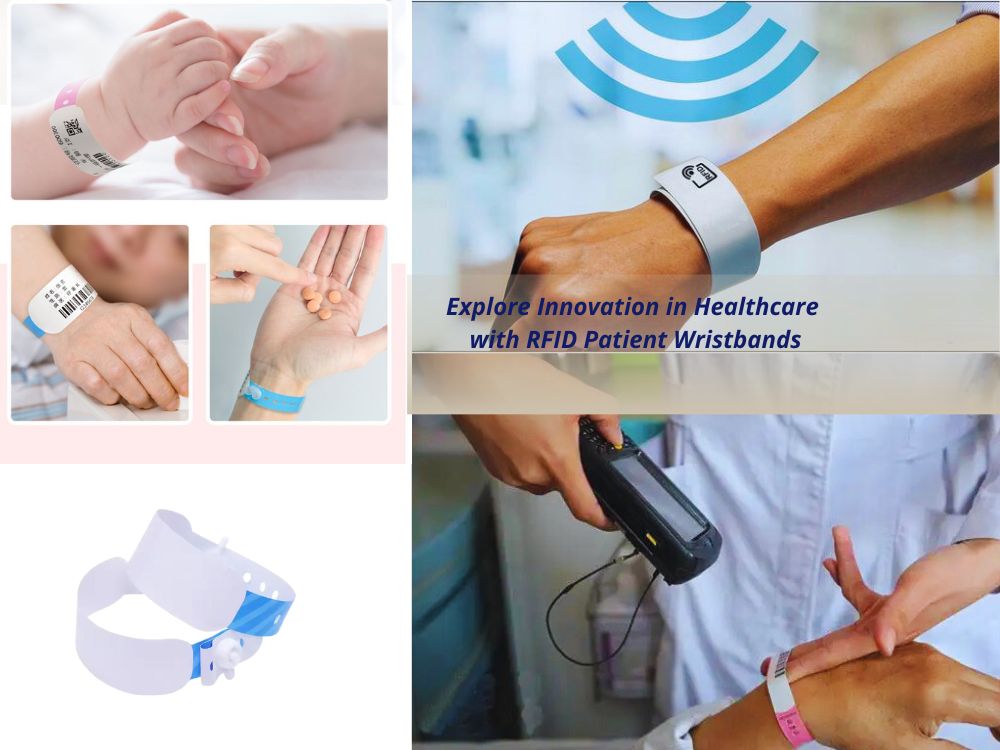
Patient Monitoring and Record-Keeping
RFID Patient Wristbands
RFID technology has transformed patient management with the introduction of RFID Patient wristbands. These wristbands, embedded with RFID tags, facilitate comprehensive record-keeping and real-time tracking of patients. Each tag stores critical patient information, including personal details, medical history, and allergies.
RFID Patient Wristbands Key Benefits:
- Real-Time Tracking: Continuous transmission of data allows healthcare staff to monitor patient location and movement, enhancing care for individuals with memory impairments.
- Enhanced Safety: Immediate updates ensure that patients remain within designated safe areas, reducing the risk of wandering.
RFID in Action
Feature | Description |
Tag Type | Passive RFID tags |
Data Stored | Patient name, medical history, allergies |
Monitoring | Real-time location tracking |
Special Use Case | Patients with memory issues |
Adaptive Access Control
Secure Entry Systems
RFID technology significantly improves security through adaptive access control systems. Hospitals utilize RFID door entry systems to manage access to various areas within the facility.
System Components:
- RFID Cards/Fobs:Issued to authorized personnel for secure entry.
- Access Readers:Installed at doors to authenticate credentials.
- Cloud-Based Management:Allows remote monitoring and control of access permissions.
Advantages:
- Enhanced Security:Restricts access to sensitive areas such as patient rooms and storage facilities.
Flexibility: Remote management enables dynamic adjustment of access rules and credentials.
Access Control Overview
Feature | Description |
System Type | RFID door entry and access control |
Management | Cloud-based system for remote access control |
Security Level | High – restricts access to sensitive areas |
Flexibility | Remote updates and credential management |
Real-Time Equipment Tracking
Monitoring Medical Assets
RFID technology plays a crucial role in tracking medical equipment and ensuring proper maintenance. Tags attached to surgical instruments and medical machines provide live updates on usage and sterilization.
RFID Patient Wristband Tracking Benefits:
- Maintenance Alerts: Automated notifications for equipment servicing needs.
- Usage Records:Accurate logs of equipment use to prevent errors and ensure availability.
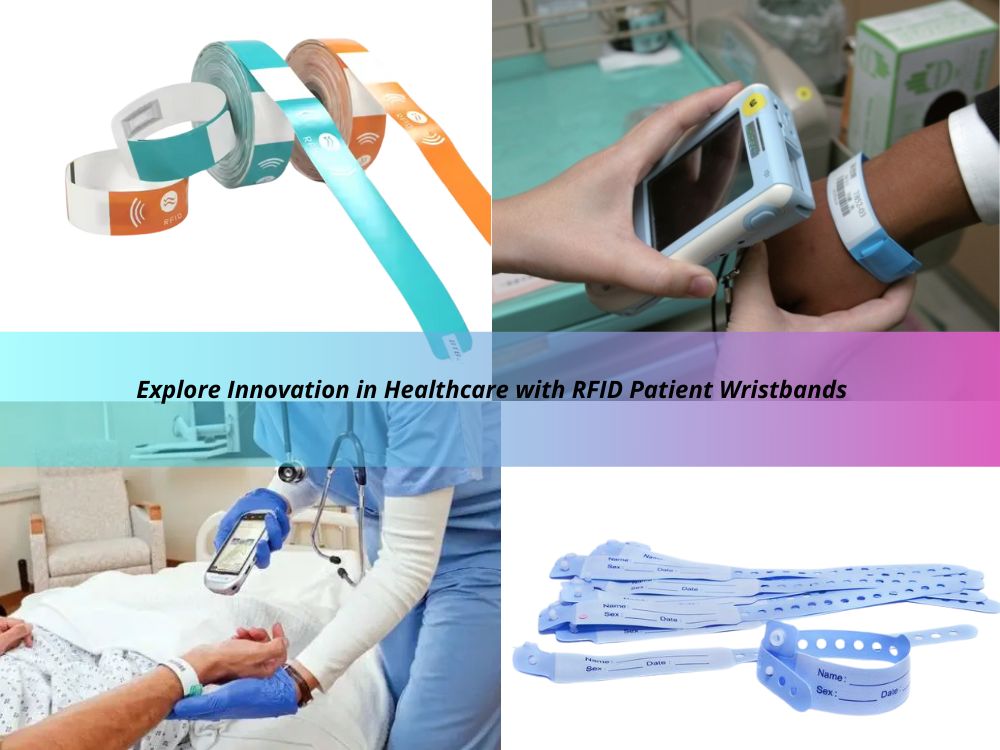
Equipment Tracking Summary
Feature | Description |
Tagging | Attached to surgical instruments and medical equipment |
Alerts | Maintenance reminders and usage logs |
Record Keeping | Real-time tracking of equipment status |
Impact | Reduces medical errors and ensures equipment readiness |
Pharmaceutical Tracking and Asset Management
Efficient Drug Management
RFID tags integrated with asset management systems help hospitals monitor pharmaceuticals effectively. The technology tracks vital information such as expiration dates, stock levels, and supply chain status.
System Features:
- Real-Time Updates:Continuous data refresh on inventory and expiration.
- Automated Reordering:Triggers restocking orders based on predefined thresholds.
Pharmaceutical Management Table
Feature | Description |
Tag Integration | RFID tags with asset management software |
Data Tracked | Expiration dates, stock levels, supply chain availability |
Alerts | Expiration and low stock notifications |
Automation | Automatic reordering capabilities |
Analytical Insights and Logistics
Data-Driven Decision Making
RFID systems provide valuable data that can be analyzed to optimize hospital operations. By analyzing patient and staff usage patterns, hospitals can forecast future needs and improve scheduling and inventory management.
Analytical Benefits:
- Predictive Analytics:Forecast patient flow and equipment use.
Operational Efficiency: Adjust treatment schedules and workflows based on historical data.
Analytics and Logistics Overview
Feature | Description |
Data Collection | Continuous data transmission from RFID systems |
Analysis Tools | Software for predictive analytics and forecasting |
Benefits | Improved scheduling, inventory management, and patient care |
Impact | Enhanced operational efficiency and patient satisfaction |
Conclusion
RFID technology is increasingly integral to modern healthcare facilities, providing solutions that enhance patient care, security, and operational efficiency. Through advanced applications in patient monitoring, access control, equipment tracking, pharmaceutical management, and data analytics, RFID systems are paving the way for a more responsive and efficient healthcare environment.
Comments
Hot Products

RFID in Logistics: How to Eliminate RFID Misrouting and RFID Label Failures
RFID in logistics is more than just a tool to speed up processes. It has become a key part of how modern supply chains operate.
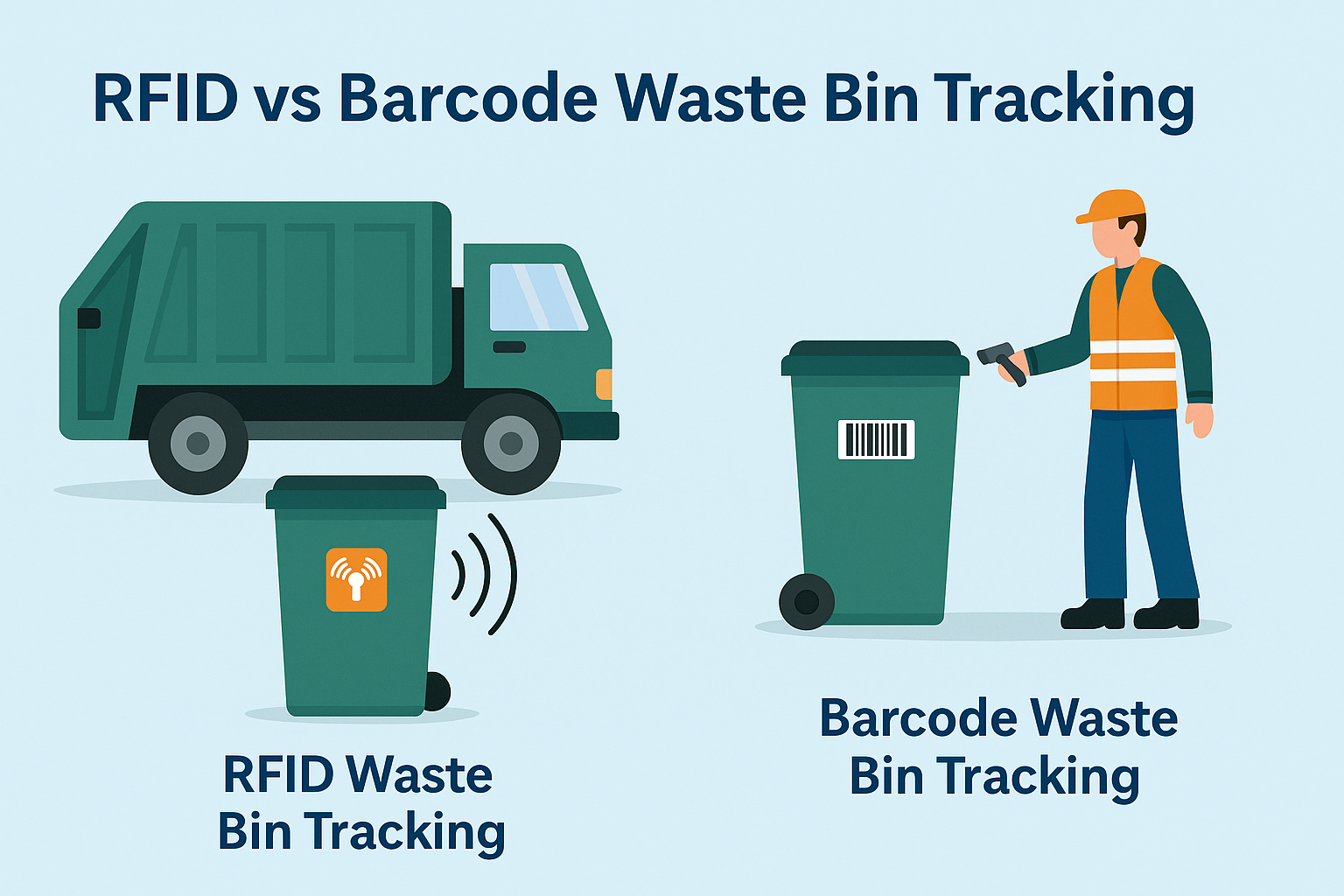
What Is RFID Waste Management
Imagine a city where every trash bin speaks — not literally — but through a tiny chip that tells the system when it’s full, when it’s emptied, and where it went. That’s what RFID waste management is doing today.

What are Bolt Seals and their Applications? | Complete Guide
In global trade and logistics, bolt seals play a crucial role in ensuring cargo security and compliance. These small but powerful devices are designed to lock shipping containers, trailers, and cargo doors with a tamper-evident mechanism.
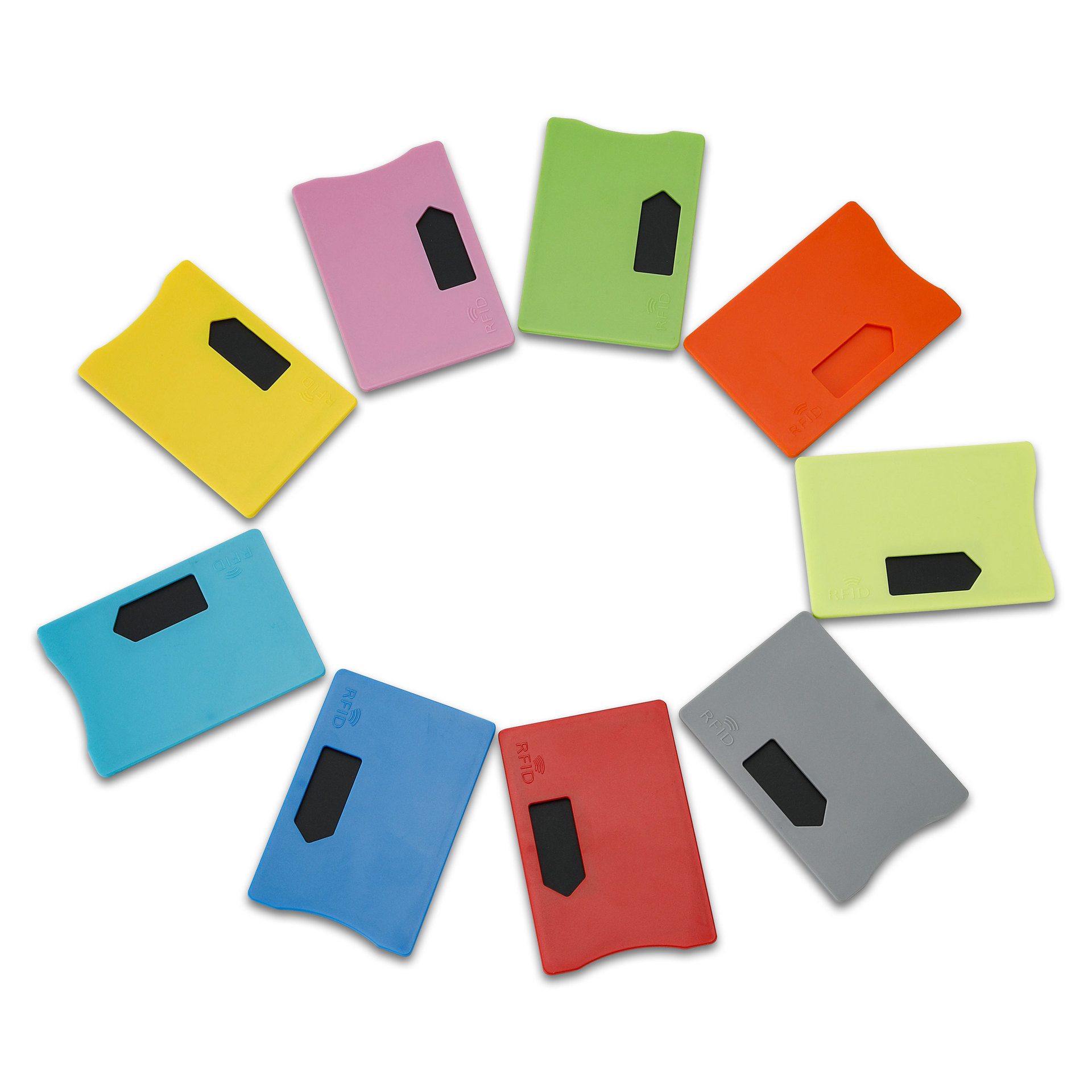
What is an RFID Card Protector? Benefits, Use Cases, and Buying Guide
RFID technology (Radio Frequency Identification) is everywhere: in your credit cards, ID badges, transit passes, hotel room keys, and more. It offers speed and convenience, but it also opens the door to a new kind of digital theft called “skimming.” That’s where an RFID card protector comes in.

RFID Wristbands for Events: Bulk Buying Guide for Organizers
RFID wristbands for events are becoming the go-to solution for organizers who need faster entry, fraud prevention, and cashless payments at concerts, festivals, and sports venues. Unlike paper tickets or QR codes, these smart wristbands use embedded chips to streamline access, secure transactions, and improve the guest experience.
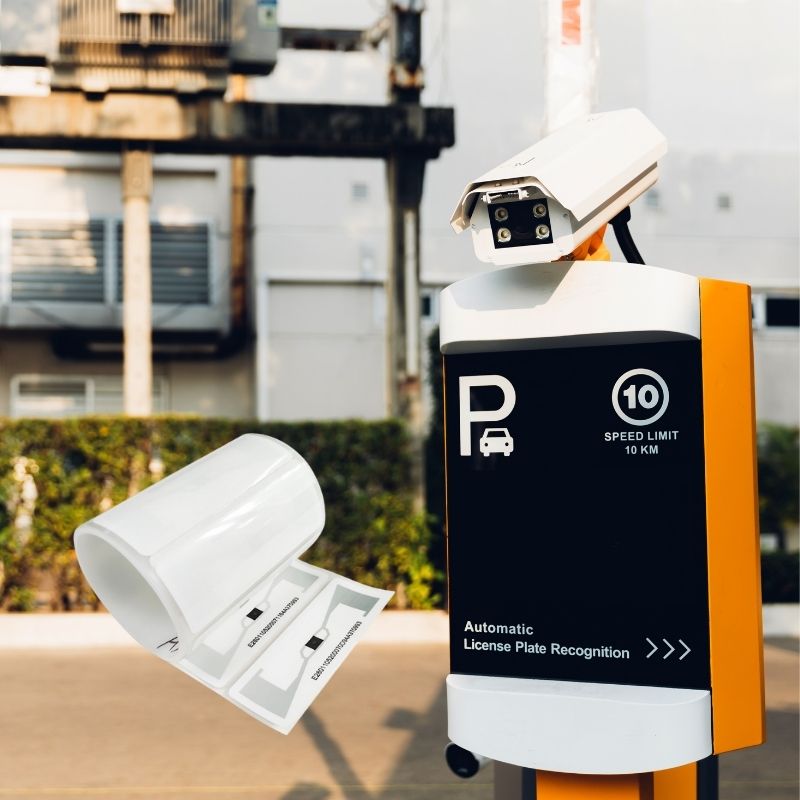
How RFID Tag on Windscreen Improves Vehicle Access Control and Toll Systems
In today’s fast-paced world, vehicle identification needs to be quick, secure, and contactless. An RFID Tag on the Windscreen provides exactly that — a reliable way to manage toll collection, parking, and gated access without stopping vehicles.
Tags
RELATED BLOGS

RFID in Logistics: How to Eliminate RFID Misrouting and RFID Label Failures
RFID in logistics is more than just a tool to speed up processes. It has become a key part of how modern supply chains operate.

What Is RFID Waste Management
Imagine a city where every trash bin speaks — not literally — but through a tiny chip that tells the system when it’s full, when it’s emptied, and where it went. That’s what RFID waste management is doing today.

What are Bolt Seals and their Applications? | Complete Guide
In global trade and logistics, bolt seals play a crucial role in ensuring cargo security and compliance. These small but powerful devices are designed to lock shipping containers, trailers, and cargo doors with a tamper-evident mechanism.


